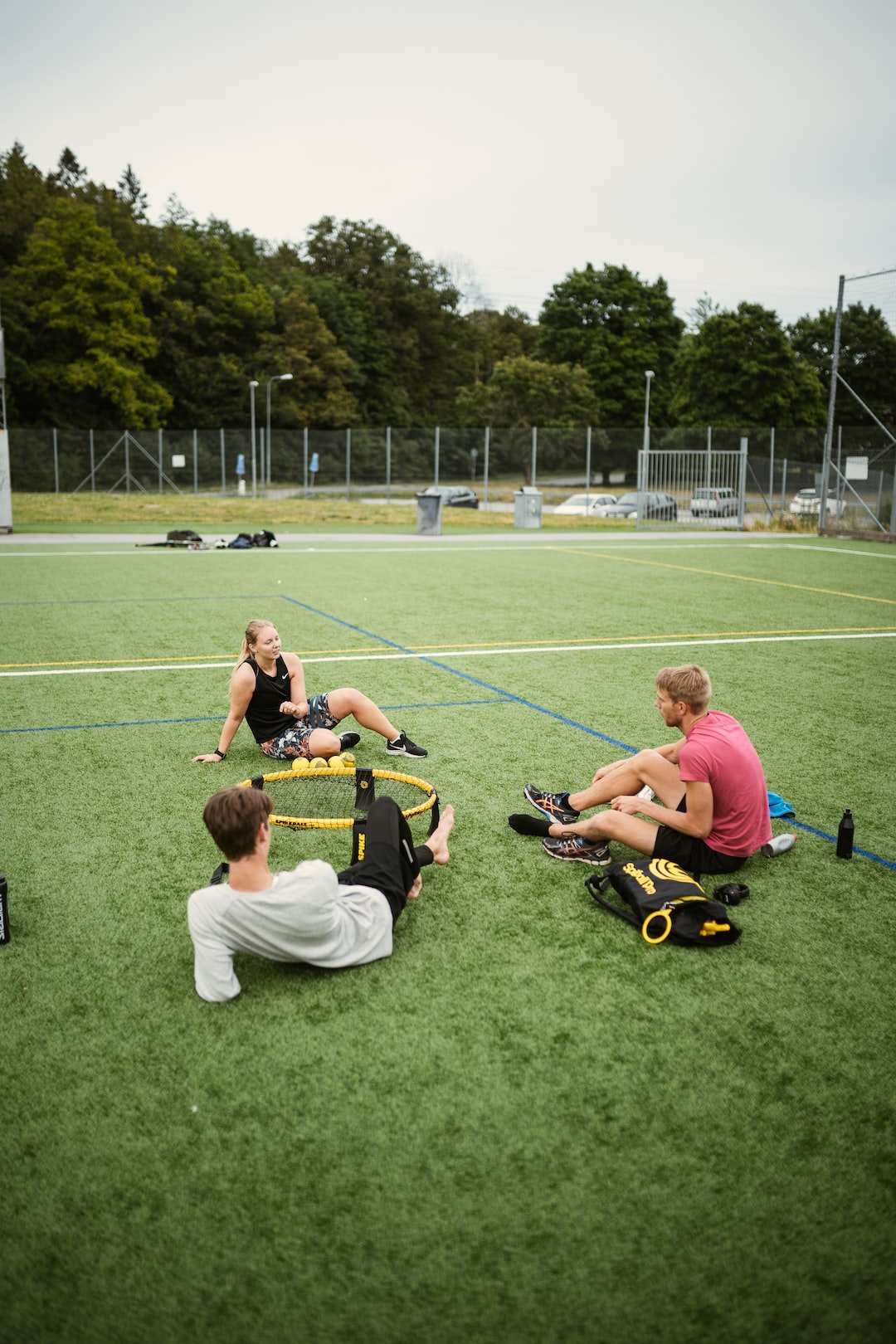How to Properly Fuel Your Body for Optimal Performance
Your body is like a machine, and just like any machine, it needs the right fuel to function at its best. Whether you’re an athlete or just looking to improve your overall performance, properly fueling your body is essential. In this blog post, we will discuss how you can provide your body with the nutrients it needs to perform at its peak.
1. Eat a balanced diet
A balanced diet is the foundation for optimal performance. Make sure to include all the essential macronutrients – carbohydrates, proteins, and fats – in your meals. Carbohydrates provide your body with the necessary energy, proteins repair and build muscles, and fats support hormone production and aid in absorption of certain vitamins. It’s important to note that the amount and ratio of these macronutrients may vary depending on your individual needs and goals, so consult with a nutritionist to determine the best balance for you.
2. Prioritize quality carbohydrates
Carbohydrates are the body’s preferred source of energy. However, not all carbs are created equal. Choose complex carbohydrates, such as whole grains, vegetables, and legumes, over simple sugars. Complex carbohydrates are digested more slowly, providing a steady release of energy throughout the day. They also contain valuable nutrients, like fiber, that support digestive health.
3. Include lean sources of protein in your meals
Protein is essential for muscle repair and growth, making it crucial for athletes and those looking to improve their physical performance. Include lean sources of protein, like chicken, fish, tofu, and legumes, in your meals. If you’re engaged in intense physical activity, consider increasing your protein intake to support muscle recovery.
4. Don’t neglect healthy fats
Fats are often demonized, but they play a vital role in your body. Opt for healthy fats, like those found in avocados, nuts, and olive oil. These fats provide energy, support brain function, and help your body absorb fat-soluble vitamins. Be mindful of portion sizes, as fats are calorie-dense.
5. Stay hydrated
Hydration is key for optimal performance. Dehydration can lead to fatigue, cramps, and poor concentration. Make sure to drink enough water throughout the day, especially before, during, and after workouts. If you engage in prolonged physical activity or exercise in hot weather, consider replenishing electrolytes with sports drinks or electrolyte-rich foods, like bananas or coconut water.
6. Time your meals and snacks
Timing your meals and snacks can have a significant impact on your performance. Aim to eat a balanced meal containing carbohydrates, proteins, and fats 2-3 hours before physical activity to provide your body with sufficient fuel. If you need a snack closer to your workout, opt for easily digestible carbohydrates, like a piece of fruit or a granola bar, to give you a quick boost of energy.
7. Refuel after exercise
After intense physical activity, your body needs to replenish its energy stores and repair muscles. Make sure to consume a meal or snack containing carbohydrates and proteins within 30-60 minutes post-workout. This helps kickstart the recovery process and promotes muscle growth.
8. Listen to your body
Everyone’s body is different, so it’s important to listen to yours. Pay attention to how you feel after different meals and workouts. If you notice a lack of energy or slower recovery, adjust your nutrition accordingly. Experiment with different foods and nutrient ratios to find what works best for you.
In conclusion, fueling your body properly is crucial for optimal performance. Eating a balanced diet, prioritizing quality carbohydrates and lean proteins, including healthy fats, staying hydrated, timing your meals and snacks, refueling after exercise, and listening to your body are all key components of properly fueling your body. Remember, what you put into your body directly impacts what you get out of it, so make sure to give it the right fuel to reach your highest potential.

